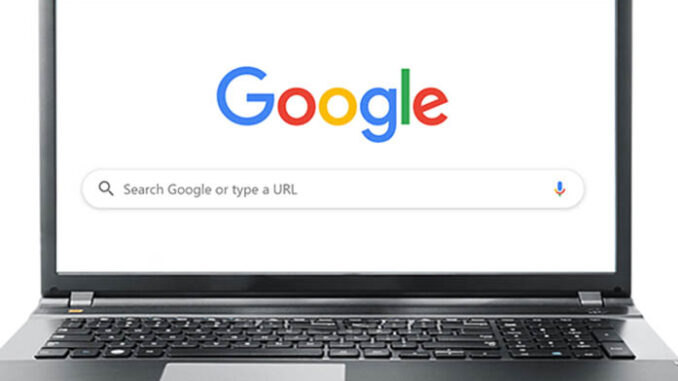
Arizonans who are concerned about protecting their privacy should be very interested in the upcoming trial in the lawsuit Arizona Attorney General Mark Brnovich filed in 2020 against Google LLC.
The only problem is that many of the case documents are either sealed or so heavily redacted it is hard for the public to get a true picture of the legal arguments.
The central question of Brnovich’s lawsuit is whether Google violated the Arizona Consumer Fraud Act by misleading phone buyers, app users, and other consumers about how and when the company collects location data and who has access to that data.
Such data can be collected several ways, including via GPS and IP addresses. Simply shutting off a “location history” setting does not stop all location tracking systems in used by Google, it was first publicly revealed in 2018.
Brnovich wants a jury to order Google, which is a subsidiary of Alphabet Inc., to give up any revenue the company and its proprietary products such as Google Maps, Google Playstore, Google Search, YouTube, and Android obtained through unlawful conduct related to Arizona user location data.
Google has changed its location tracking “opt-out” instructions for consumers over the years. The company denies any wrongdoing in how it collects such data despite concerns expressed internally by several employees.
Judge Timothy Thomason of the Maricopa County Superior Court has announced the 12-day trial will start Oct. 24 with 14 jurors. But before then, the judge will preside over several conferences and oral arguments to resolve a handful of outstanding pretrial motions among the hundreds of filings already made in the case.
Thomason is being assisted by a Special Discovery Master (SDM) who is responsible for working with the parties and their multiple attorneys to decide what information in those numerous legal filings should be redacted or sealed outright to keep information out of the public realm. The SDM also handles disputes about discovery – the process between the parties of exchanging information which may or may not end up being admitted at trial.
Much of the evidence already redacted or sealed involve information Brnovich’s office hopes to present to the jury , such as internal Google memos, reports, and employees’ emails. Several company employees were also required by the attorney general’s staff to undergo pretrial depositions, which are interviews conducted under oath.
Google has successfully argued to the SDM for several redactions to those internal documents based on a claim or proprietary interests as well as concerns for employee and user privacy. In the first six months after the lawsuit was filed there were more than 250 documents under seal.
Thomason ordered some of those to be unsealed, although many had information redacted. The practice of redaction continues, as Google filed 16 expert witness reports on Sept. 6, all of which were redacted and subject to potential motions to seal from public access.
The judge has the final say of what evidence is admitted at trial and who will be called to testify. Some of those decisions were made last week when Thomason heard arguments on 10 pretrial motions, including one filed by Google to exclude evidence of other legal actions against the company.
Attorneys for the states of Indiana, Texas, and Washington have initiated the same types of consumer protection lawsuits as Arizona. The Texas lawsuit includes another allegation – that Google’s private browsing feature called “incognito mode” gives users the impression that their search history and online activity is not being tracked by the company.
And last month, an Australia court ruled Google must pay US $42.7 million in penalties for breaching the Australian Consumer law for the same complaint regarding location tracking.
“The jury shall not hear about other cases or investigations into Google and the State is not allowed to offer evidence regarding other cases or investigations in its case in chief to prove its case,” Thomason ruled Sept. 8.
As to the various experts each side intends to summon to testify, the judge has ordered that any expert witnesses will not be allowed “to mimic” what another person said, which is generally considered inadmissible hearsay.
With a trial only weeks away the attorneys must begin to draft a short jury questionnaire. Each side can propose questions it wants asked but it is Thomason who determines what ends up in the questionnaire. The first 70 prospective jurors will be asked to answer the questionnaire a few days before the Oct. 22 trial.
Those answers will then be reviewed by the judge prior to formal jury selection at the start of the trial. A total of 12 jurors will be sworn in, 8 of whom will ultimately deliberate on the verdict.
The parties will be back in front of Thomason on Sept. 23 at Maricopa County’s East Court Building at 101 W. Jefferson St. in Phoenix. All hearings and the trial are open to the public.
